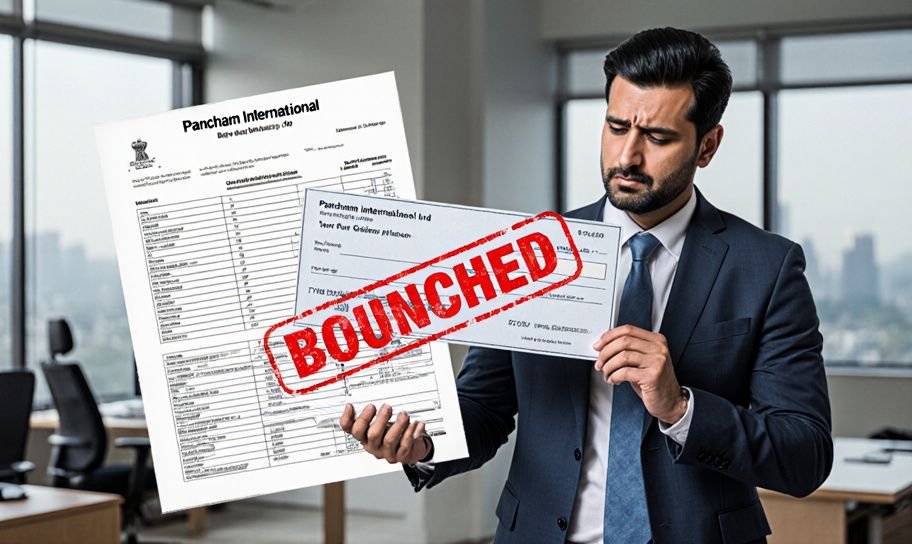
Quick Summary: A court case between Pancham International Ltd. and Shevam Kothari revolves around a bounced cheque of ₹75 lakh. The court rejected Pancham's request, emphasizing complicated arguments about money owed and agreements.
Pancham International Ltd., a company located in Kolkata, and its director Bimal Singh Kothari, were sued by Shevam Kothari. Shevam, who runs Ramchandra Ramgaopal Financial Services in Akola, claimed that Pancham owed money for goods bought from Navalkishore Kothari Sons, a business in Akola, back in 2002. The amount owed was over ₹35 lakh, with an agreed interest rate of 12% per year.
In 2021, Navalkishore Kothari Sons transferred the debt to Shevam, who then negotiated with Pancham. They agreed to settle the debt for ₹75 lakh. Pancham wrote a cheque for this amount, but it bounced because the account was closed. Despite being informed, Pancham didn't pay, leading Shevam to file a complaint.
"The cheque was returned because the ‘Account Closed’."
Pancham argued that they never had a business deal with Shevam or his predecessor. They claimed the complaint was just a trick to get money. They also said that the debt was too old to be legally valid.
The court looked into whether the debt could still be collected. According to the Indian Contract Act, a written promise to pay an old debt is valid. Pancham's cheque was seen as such a promise, making the debt collectible even though it was old.
"The cheque creates a new, legally valid obligation separate from the original deal's time limit."
The court, led by Justice Urmila Joshi-Phalke, rejected Pancham's request. It decided that the cheque was a valid promise to pay the debt, and the legal proceedings were justified.
"No reason is found to interfere with the contested order and judgment."
The court concluded that Pancham International Ltd. was responsible for the bounced cheque and that the promise to pay the debt was valid. As a result, Shevam Kothari's legal actions were deemed appropriate, and Pancham's petition was dismissed.